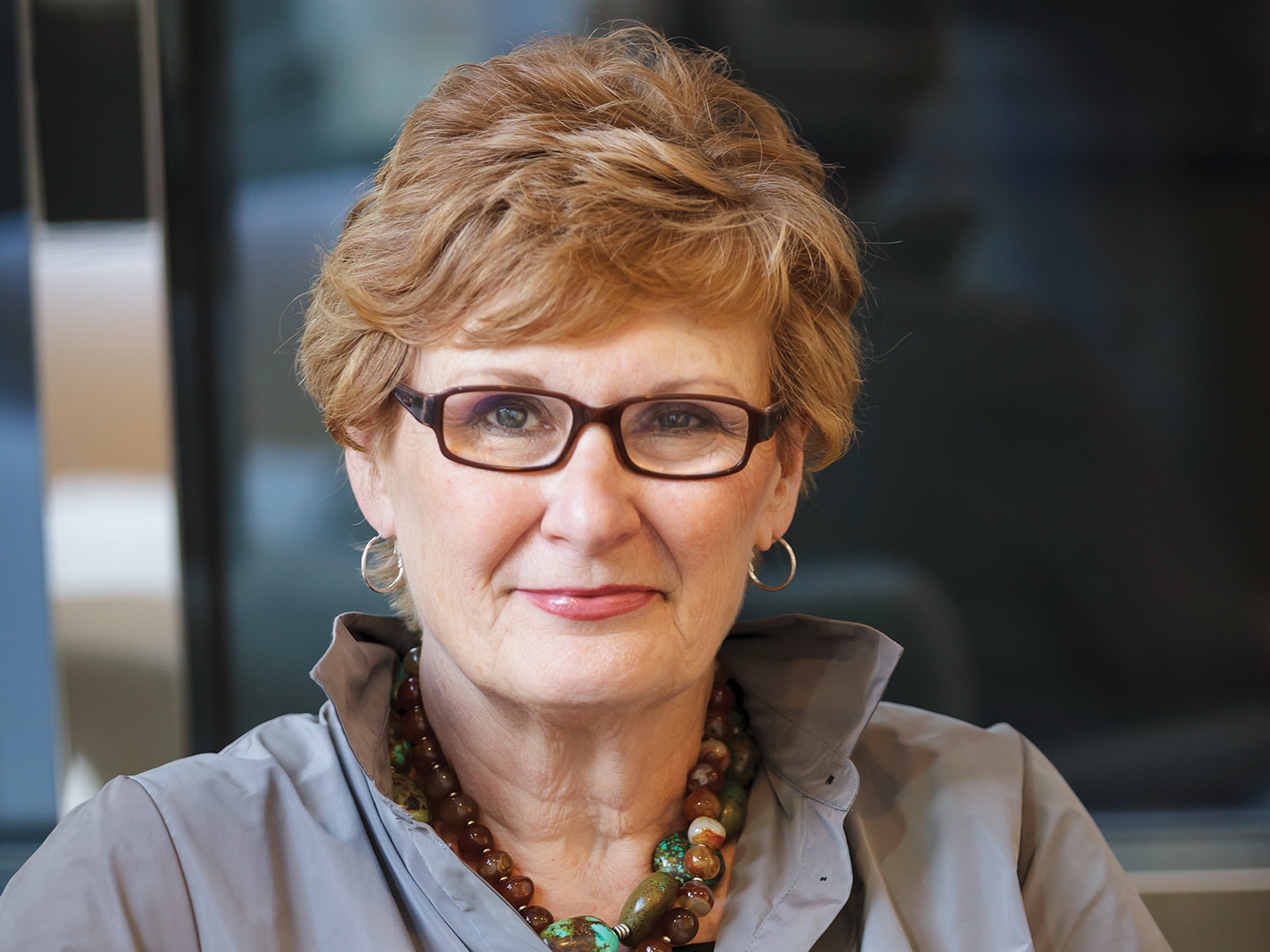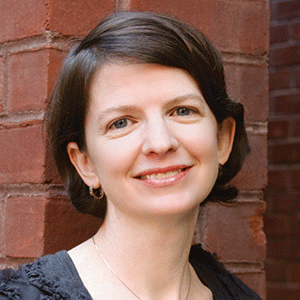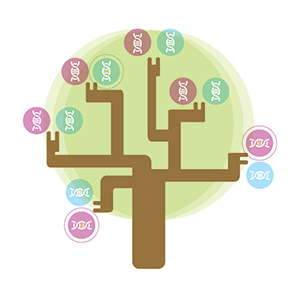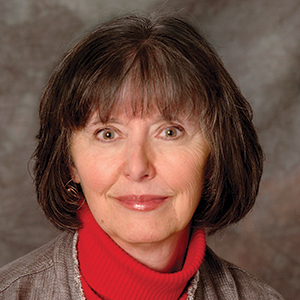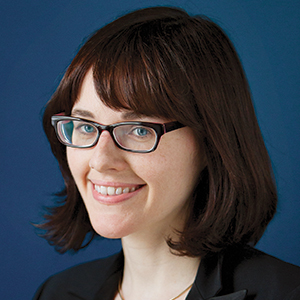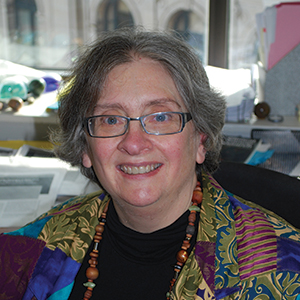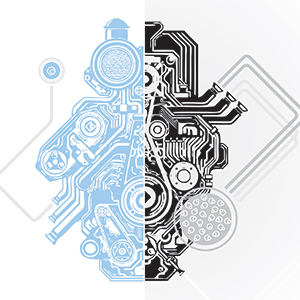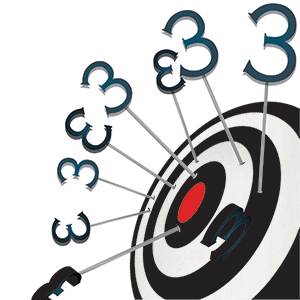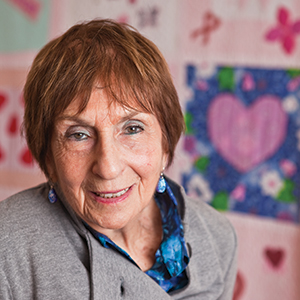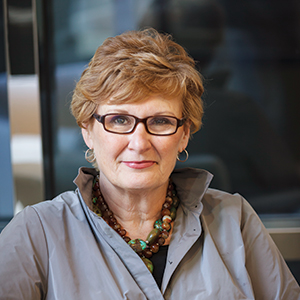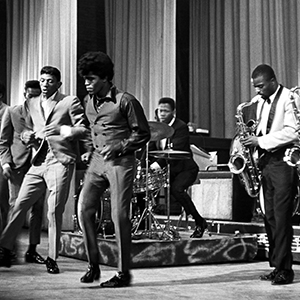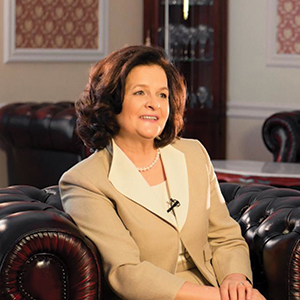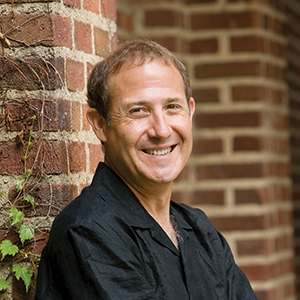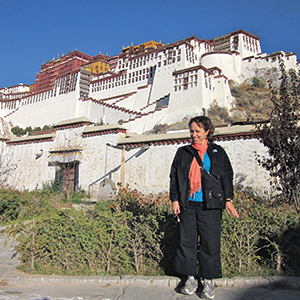Winter 2012/2013 Vol. 02 Issue 04
-
Editor's Letter
The Patient-Doctor PartnershipFor cancer patients, high-quality communication with their doctors is key.
by Jessica Gorman
-
Your Cancer Guide
Workplace Stress BusterThis checklist can help you manage job issues during or after cancer treatment.
by Hester Hill Schnipper
-
Caregiving With Confidence
Be Kind to YourselfTo care for your loved one, take steps to care for yourself.
by Michelle Johnston-Fleece
-
First Person
Keeping Sight of HopeA survivor keeps an eye on what's ahead after a rare cancer diagnosis.
by Sue Russell
-
Cutting Cancer’s Engine
Renewed interest in research about metabolism, the process cells use to fuel their growth, could lead to new types of cancer treatments.
by Stephen Ornes
-
Missing the Mark
Only one-third of new cancer therapies or drug combinations tested in phase III clinical trials prove to be better than the standard of care. Researchers explain why and how they are aiming to improve the odds.
by Sue Rochman
-
Survivor Profile
Let’s Talk: Lee MillerDrawing on her own struggle with the emotional pain of a cancer diagnosis and treatment, Lee Miller empowers other patients to effectively communicate with their doctors.
by Jenny Song
-
Survivor Profile
Patients’ Rights PowerhouseMyra Christopher wages a personal battle with a rare cancer while continuing to passionately advocate for patients.
by Charlotte Huff
-
Yesterday & Today
The Sex Machine vs. Prostate CancerEven cancer couldn't slow down James Brown.
by Jocelyn Selim
-
Q&A
Gaining the Benefits of Early DetectionAs first lady of Moldova, Margareta Timofti aims to increase cancer awareness and survival in one of Europe's poorest nations.
by Sue Rochman
-
Sound Advice
Your Questions, Our AnswersOn supporting teens with cancer, reducing cancer risk and having a child after cancer.
-
Get Involved
Research Studies Need YouBreast cancer survivor AnneMarie Ciccarella discovered an interest in scientific research.
by Yvonne Lee
-
In the Moment- Winter 2012/2013
Julia Wiley, Tony Handler, Michael B. Lawing, Lori Petitti
Multiple myeloma survivor Jonathan Gluck reflects on uncertainty, and the scientific progress that has kept him living with cancer for more than two decades.
by Eric Fitzsimmons
The Enduring Importance of Cancer Disparities ResearchOpening session from AACR conference highlights how perseverance and adversity have informed cancer disparities research over the years.
by Eric Fitzsimmons
Most Cancer Survivors Don’t Meet Healthy Diet GoalsDespite research linking fruits and vegetables to cancer survival, many people do not change their eating habits after diagnosis.
by Darlene Dobkowski
Many People Don’t Get Colonoscopy After Receiving Abnormal Blood TestsAbout half of people who receive abnormal results from colorectal cancer screening tests don’t follow up with a colonoscopy.
by Laura Gesualdi Gilmore

